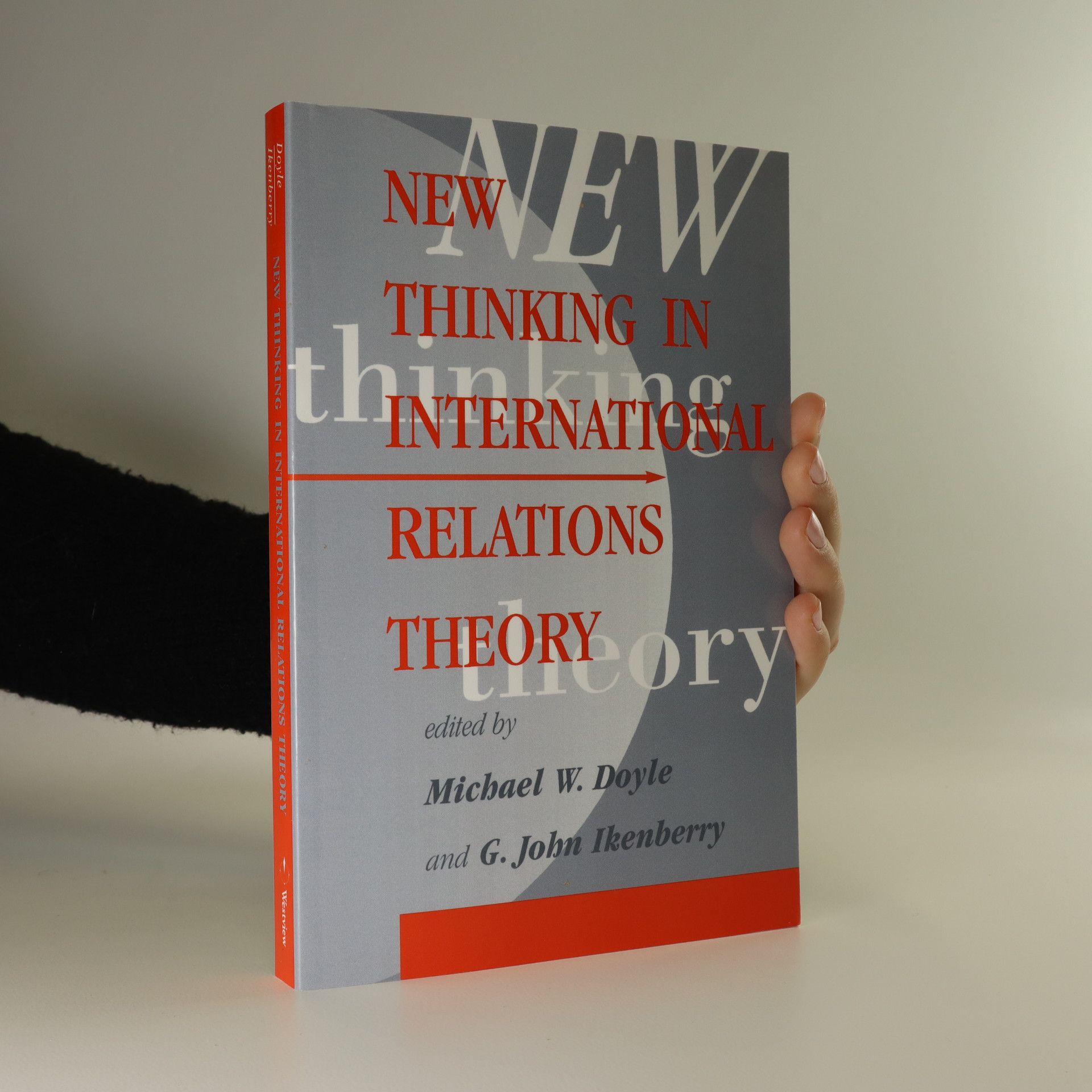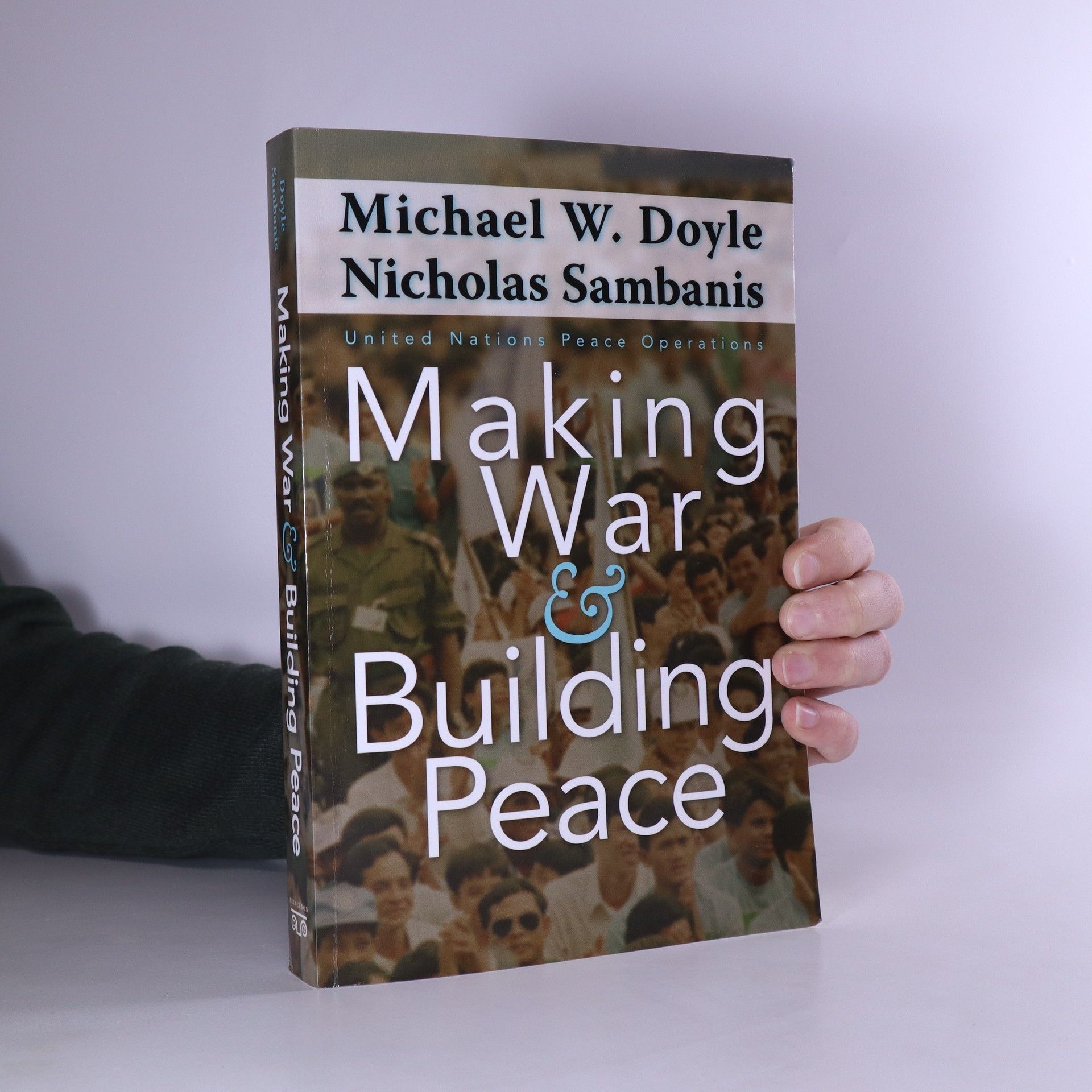Making War and Building Peace examines how well United Nations peacekeeping missions work after civil war. Statistically analyzing all civil wars since 1945, the book compares peace processes that had UN involvement to those that didn't. Michael Doyle and Nicholas Sambanis argue that each mission must be designed to fit the conflict, with the right authority and adequate resources. UN missions can be effective by supporting new actors committed to the peace, building governing institutions, and monitoring and policing implementation of peace settlements. But the UN is not good at intervening in ongoing wars. If the conflict is controlled by spoilers or if the parties are not ready to make peace, the UN cannot play an effective enforcement role. It can, however, offer its technical expertise in multidimensional peacekeeping operations that follow enforcement missions undertaken by states or regional organizations such as NATO. Finding that UN missions are most effective in the first few years after the end of war, and that economic development is the best way to decrease the risk of new fighting in the long run, the authors also argue that the UN's role in launching development projects after civil war should be expanded.
Michael W. Doyle Boeken


This book of ten original essays provides a showcase of currently diverse theoretical agendas in the field of international relations. Contributors address the theoretical analysis that their perspective brings to the issue of change in global politics. Written for readers with a general interest in and knowledge of world affairs, New Thinking in International Relations Theory can also be assigned in international relations theory courses.The volume begins with an essay on the classical tradition at the end of the Cold War. Essays explore work outside the mainstream, such as Jean Bethke Elshtain on feminist theory and James Der Derian on postmodern theory as well as those developing theoretical advances within traditional realms from James DeNardo's formal modeling to the more descriptive analyses of Miles Kahler and Steve Weber. Other essays include Matthew Evangelista on domestics structure, Daniel Deudney on naturalist and geopolitical theory, and Joseph Grieco on international structuralist theory.